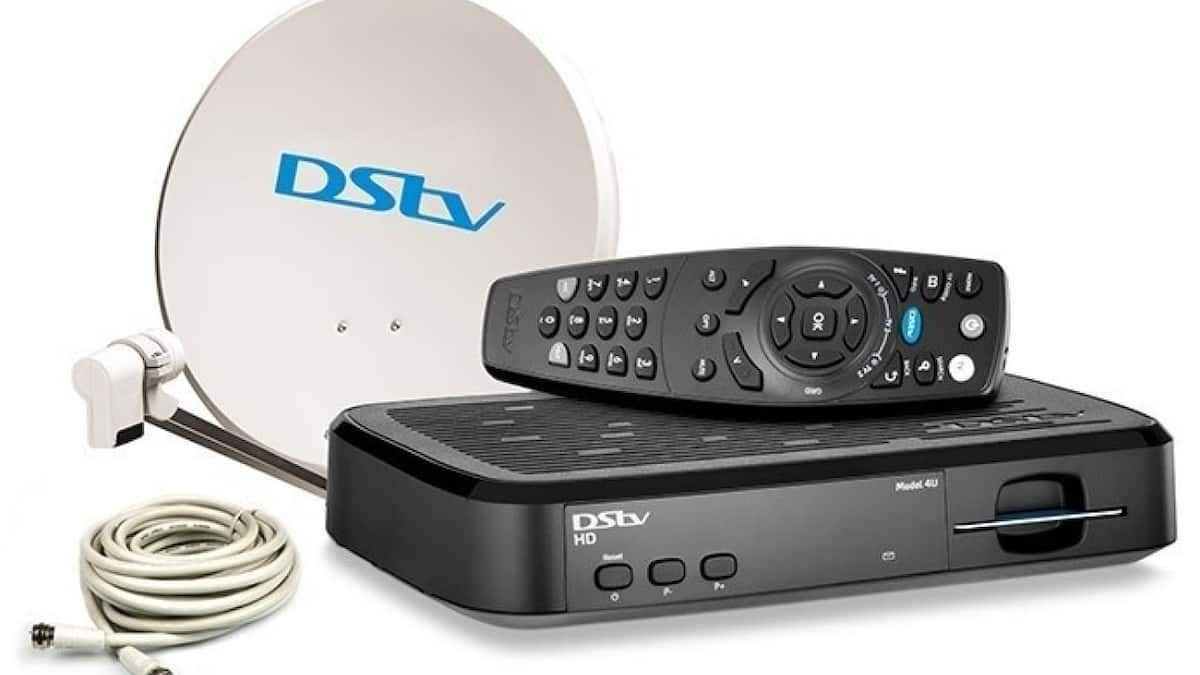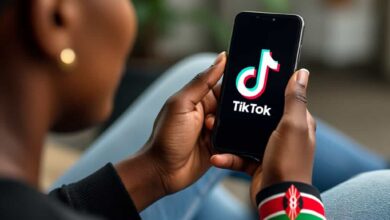MultiChoice’s “We’ve Got You” Promotion Is a Band-Aid on a Bleeding Business Model
MultiChoice Kenya has just announced their latest customer promotion, the “We’ve Got You” campaign, offering automatic package upgrades to subscribers who pay in full between June and July 2025. While this sounds generous on the surface, it reveals a company desperately trying to mask fundamental problems with flashy promotions instead of addressing the core issues driving subscribers away in droves.
The timing of this announcement couldn’t be more telling. Just months after implementing their third price increase in a single year, MultiChoice is now essentially admitting those higher prices weren’t justified by offering “free” upgrades. It’s a classic case of raising prices only to run expensive promotional campaigns that could have been avoided with more strategic thinking.
The Price Hike Contradiction
Let’s examine the numbers. DStv Premium subscribers saw their monthly fees jump from KES 9,900 in 2023 to KES 11,000 by November 2024. That’s over KES 1,000 more per year, with similar increases across all packages. Compact Plus rose from KES 6,200 to KES 6,800, while even the budget-friendly Lite package increased from KES 700 to KES 750.
MultiChoice justified these increases by citing rising operational costs and currency fluctuations. Yet here we are, just months later, with the company essentially giving away what they claimed was necessary revenue through promotional upgrades. If the higher prices were truly essential for business sustainability, how can they now afford to offer these services for free?
This promotional strategy reveals either poor financial planning or a cynical attempt to retain subscribers through temporary perks while maintaining inflated base prices.
Subscriber Exodus Accelerates
The desperation behind this promotion becomes clearer when viewed against MultiChoice’s subscriber performance. According to their H1 FY25 results, the company suffered a devastating 19% year-on-year decline in Kenya’s subscriber base, with GOtv subscriptions plummeting by 23%. Across the Rest of Africa, the decline hit 18%, with markets like Zambia losing a staggering 60% of subscribers.
These aren’t minor fluctuations – they represent a fundamental rejection of MultiChoice’s value proposition by African consumers. When your customer base is abandoning ship at this rate, offering temporary upgrades feels like rearranging deck chairs on the Titanic.
Streaming Strategy Gone Wrong
The most frustrating aspect of MultiChoice’s current approach is their continued mismanagement of streaming opportunities. Take Showmax, which should be their answer to Netflix’s dominance. Despite a 50% increase in paying customers, Showmax posted a ZAR 2.4 billion trading loss, largely due to platform investments and marketing costs.
More problematically, Showmax 2.0’s decision to restrict live sports streaming to mobile devices alienated households that prefer watching Premier League matches on larger screens. This bone-headed move undermined one of their strongest selling points just as streaming competition intensified.
The DStv Stream service remains equally frustrating, limiting subscribers who pay full satellite fees to single-device streaming. Compare this to Netflix’s multi-device streaming capabilities, and you understand why customers are jumping ship.
Content Strategy Confusion
Perhaps nowhere is MultiChoice’s strategic confusion more evident than in their content distribution decisions. Take Shaka iLembe, one of their biggest original productions. Season 1 was available on Showmax and became a streaming success story. Yet Season 2, which premiered in June 2025, is only available on their traditional DStv channels and not yet on Showmax.
Despite spending heavily on billboard advertising and marketing campaigns for Season 2, MultiChoice has made their own premium content less accessible to modern viewers who prefer streaming. This backwards thinking perfectly encapsulates why they’re losing ground to more agile competitors.
The Football-Only Package Delay
For years, Kenyan subscribers have pleaded for a dedicated SuperSport package, recognizing that many customers maintain expensive DStv subscriptions solely for football access. While MultiChoice CEO Calvo Mawela recently revealed they’re “actively considering” unbundling SuperSport into a separate package, this should have been implemented years ago.
The delay in offering football-only packages, despite obvious customer demand, shows how slowly MultiChoice adapts to market needs. Meanwhile, they’re hemorrhaging subscribers to piracy and alternative entertainment options.
What MultiChoice Should Actually Focus On
Instead of running promotional campaigns that mask underlying problems, MultiChoice should prioritize:
- Genuine price restructuring – Offering permanently affordable packages rather than temporary upgrades
- Improved streaming infrastructure – Making DStv Stream and Showmax genuinely competitive with global platforms
- Coherent content strategy – Ensuring their best original content is available across all platforms, especially streaming
- Sports package unbundling – Finally offering the football-only packages customers have demanded for years
- Better user experience – Fixing the technical issues and restrictive practices that plague their digital offerings
The Bigger Picture
MultiChoice’s “We’ve Got You” promotion represents everything wrong with their current strategy. Rather than addressing fundamental value and service issues, they’re applying expensive band-aids to a business model that’s bleeding subscribers across Africa.
The company spent R16 billion on Showmax improvements in H1 2025, yet still can’t deliver sports content to TV screens or make their original shows consistently available across platforms. They’re fighting tomorrow’s battles with yesterday’s thinking.
For a company that once dominated African pay-TV, this promotional approach feels like admission of defeat. Instead of innovating their way out of subscriber decline, they’re discounting their way toward further irrelevance.
MultiChoice executives might want to ask themselves: If you can afford to give away upgrades for two months, why couldn’t you have offered fair pricing from the start? The answer reveals exactly why this promotion, despite its generous veneer, actually demonstrates how out of touch the company has become with its struggling customer base. We’ve not even addressed how confused M-Pesa payments for Showmax are in Kenya.







